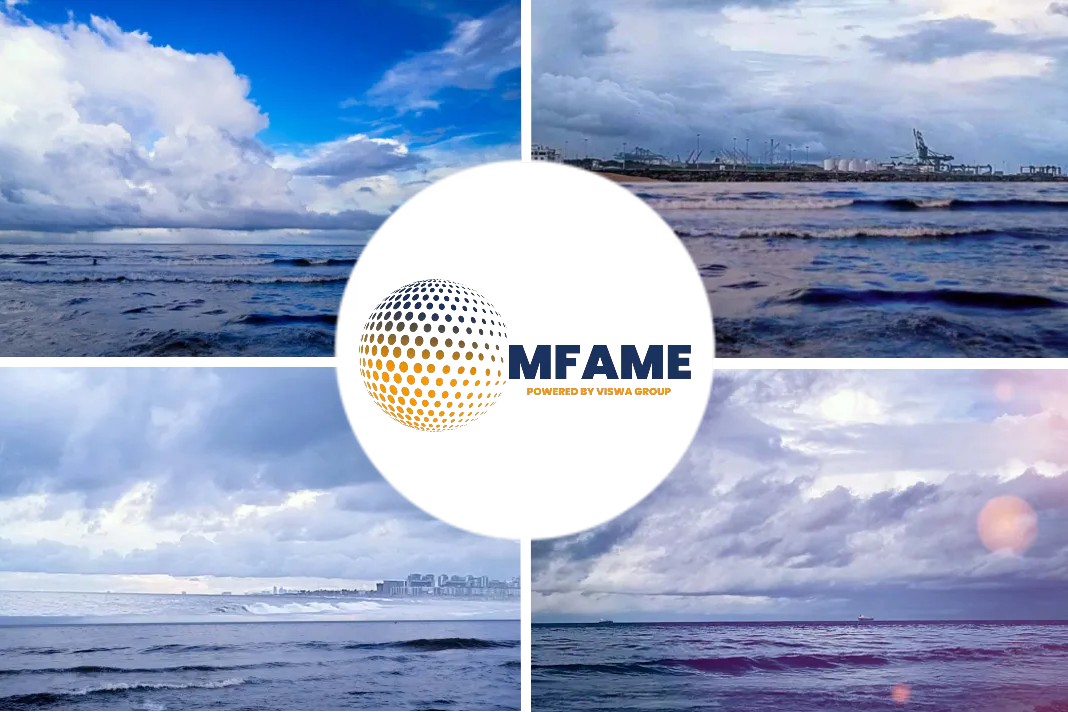With the theme, “Meeting the Future of Combustion Engines” the CIMAC World Congress took place in Vancouver, Canada, earlier this last month demonstrating the triennial event’s unique facility for bringing together the large engine industry’s stakeholders, writes Malcolm Latarche in an article published in ShipInsight.
The article further illustrates that while the minds of arriving delegates were already strongly focussed on the issues facing the large engine industry, the actions of climate change protesters around the world added a further incentive to make the most of the large engine industry’s foremost forum for information exchange and consensus forming.
GHG Emission – The Biggest Challenge
In total, more than 800 participants, exhibitors, and speakers from all parts of the world came to Vancouver for CIMAC’s 29th congress, and no one left in any doubt that the reducing greenhouse gases (GHG) are the biggest challenge facing the large engine industry. Simultaneously the engine industry is contending with the “Initial Strategy” on decarbonization adopted by IMO in 2018, which for the targets total annual GHG emissions from international shipping as a whole, while the 2016 Paris Agreement on climate change calls for efforts to phase out GHG emissions in their entirety.
Climate Neutral Ships in the Horizon?
These two requirements have led to predictions that new ships will need to be completely climate-neutral by as early as 2030. What is undoubtedly true is that the large engine industry is facing paradigm changes, and this was reflected in the majority of papers presented.
Engine Efficiency Towards Climate Change Goals
Mirroring the fact that engine efficiency has always been a primary goal of researchers and developers, a host of papers presented advances in traditional technologies with the potential to deliver useful contributions to GHG reduction via improved fuel efficiency. On the other hand, many of the papers and the Congress’ panels and speeches, of views, looked at the radical solution: zero carbon fuels or fuels with greatly reduced CO2 emissions. The open panel discussions, in particular, led to controversial exchanges on suitable solutions for the future, including, prominently, the “power-to-fuel” strategy.
GHG Emission Target, The Silver Bullet?
The unavoidable conclusion? Achieving the levels of GHG reduction prescribed is a mammoth undertaking and there is, and will be, no all-embracing “silver bullet” that will enable the IMO and Paris goals to be met. Nonetheless, from today’s perspective, options such as biofuels offer a partial answer while synthetic fuels will be necessary to ensure the engine industry can meet all expectations.
Issues Between Makers and Users
The importance of the GHG debate only partially distracted from other major industry concerns. The subjects scheduled for discussion and debate encompassed matters as varied as the vital interface between makers and users:
- Operators’ Voice and Case Studies from Operators;
- Future Challenges;
- Ideas for Future Developments;
- Regulations;
- Global Trends;
- Enhancing Proven Technologies.
IMO 2020 Sulphur Regulations Discussed
Affecting an estimated 70,000 vessels. the immediacy and extent of the IMO’s Sulphur Cap, reducing sulphur in fuels from 3.5 to 0.5% and coming into effect on 1 January 2020, meant that solutions to the new legislation were extensively presented in papers and intensively discussed in the forums.
Digitalization Challenge
With its wide implications for all aspects of shipping, digitalisation represents another huge transformation, but one which is already underway. Accordingly, the sessions Digitalization and Connectivity led the technical program, followed by the similarly promising efficiency enhancers, System Integration, Electrification and Hybridisation. The strong interest in these subjects was reflected in the animated exchanges of views at the panel where both these themes were expounded.
CIMAC a success
Despite the important – possibly existential – themes under discussion the 29th CIMAC World Congress was a great success in all the other ways that its predecessors have always excelled. The social programme and events provided outstanding opportunities for networking in a relaxed atmosphere at a prestigious, efficiently organised venue in one of the world’s most attractive, scenic cities and port, with a strong link to engines and power systems.
Did you subscribe to our daily newsletter?
It’s Free! Click here to Subscribe!
Source: ShipInsight

















